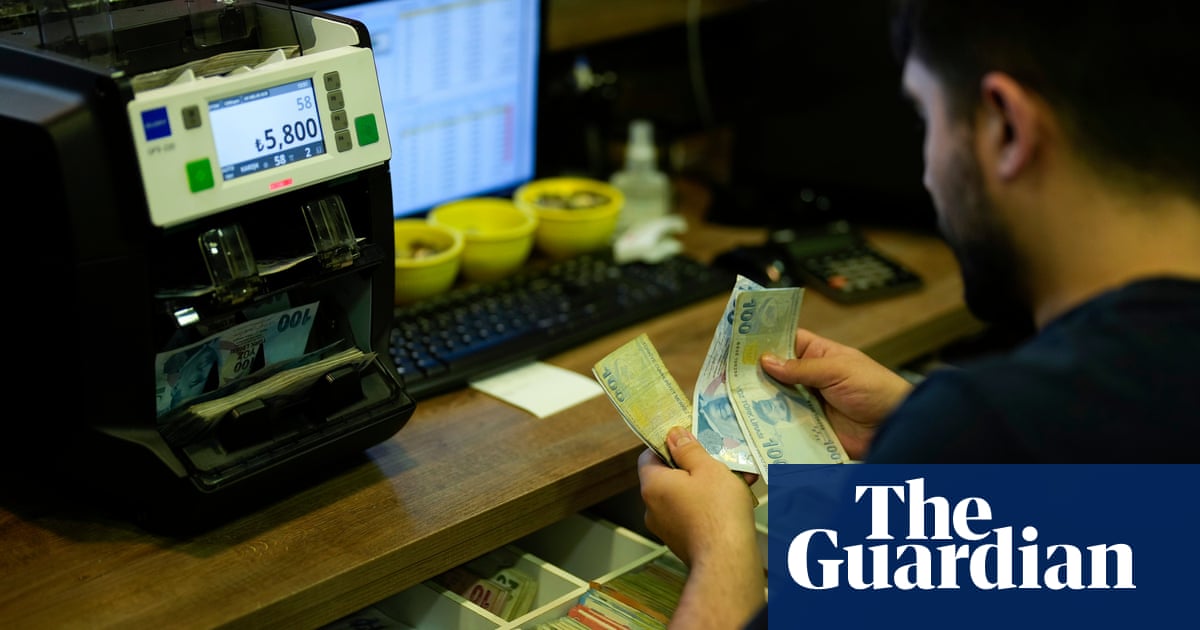
LIMA, Dec 30 (Reuters) - Peru’s Congress approved on Wednesday a law that will allow policymakers to cap interest rates on loans granted by banks, a controversial measure that has been deeply critiqued by the Andean nation’s government and financial institutions.
The law empowers the country’s central bank to set maximum and minimum interest rates every six months in order to regulate the loan market, a measure lawmakers said is necessary to protect Peruvians from abusive lending practices.
But the government of interim President Francisco Sagasti said the measure would only drive lending underground, where such restrictions might not apply.
Economy Minister Waldo Mendoza said Sagasti would ask the country’s Constitutional Tribunal to review the law.
“Citizens and entrepreneurs will have less chance of accessing loans,” Mendoza said on Twitter. “It would mean a step back in financial inclusion.”
Peru, the world’s No.2 copper producer, has seen its economy ravaged by the coronavirus outbreak. Lawmakers and activists have criticized banks and other financial institutions during the pandemic for penalizing those who could not pay their debts amid the chaos.
“These banks...abuse the humble worker, the entrepreneur, obligating them to pay penalties [for late payments]...even during the pandemic,” said Raúl Machaca, of the Frepap theocratic party, during the debate over the bill.
Peru’s central bank cut the country’s benchmark interest rate in April to a historic low of 0.25% in a bid to help bolster the economy at the outset of the pandemic. (Reporting by Maria Cervantes; Writing by Dave Sherwood; editing by Diane Craft)












